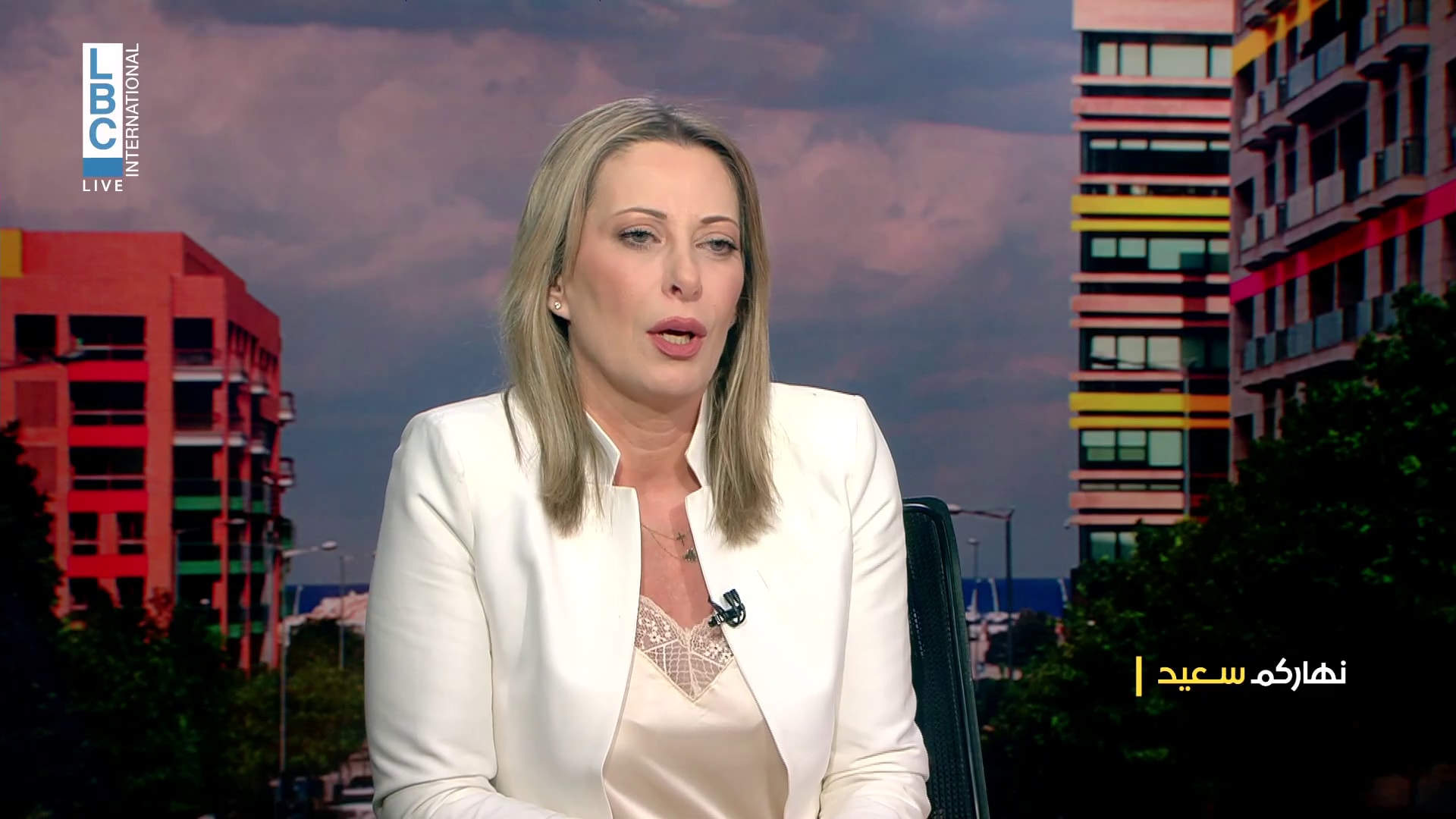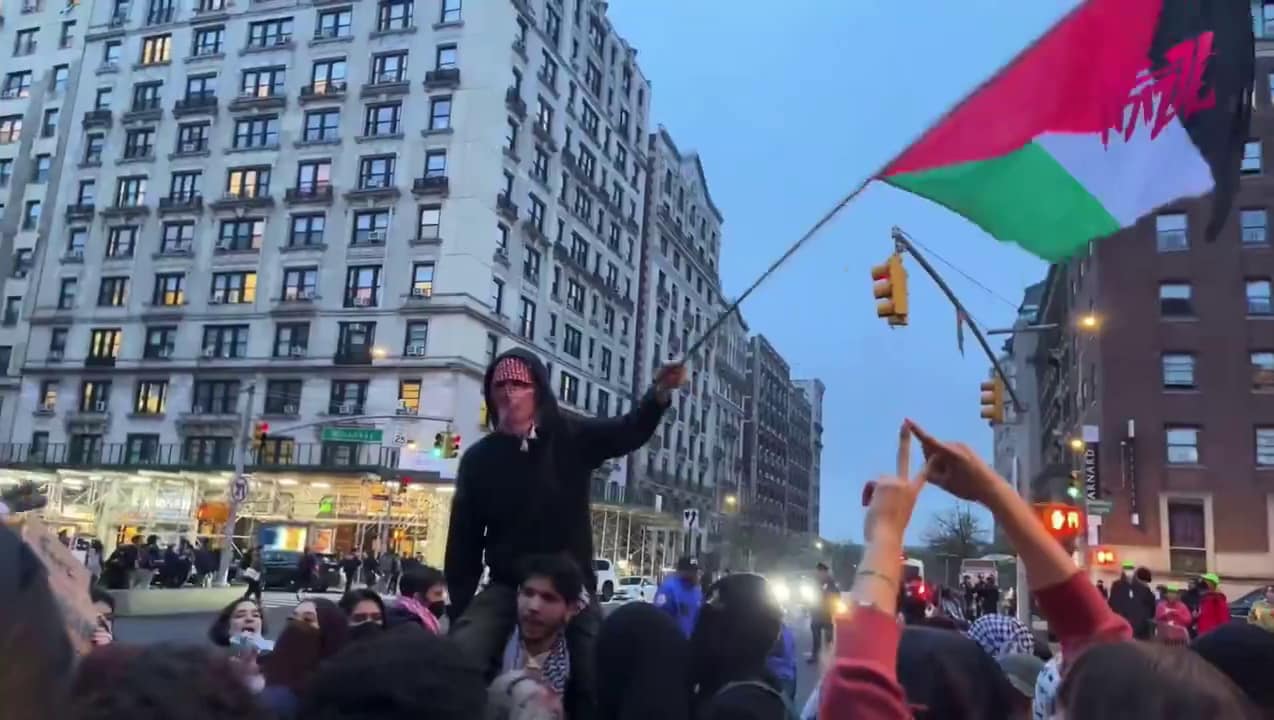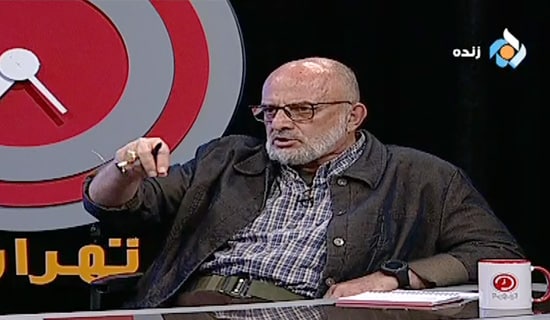
The following are excerpts from an interview with Sirus Naseri, Nuclear Affairs Advisor to the Iranian Government and Senior Negotiator with Europe:
Naseri: (We said to the Europeans): We will make as much progress as possible with you. If we see you don't really want to reach understandings and you want to act stubbornly and obstinately towards us, each party will go its own way. We won't fight one another. We will do what we have to do according to the regulations and laws. As long as you do not pose a threat, we will act within the framework of our commitments, as outlined in the NPT. If you use threats and act belligerently, we will put the NPT aside and continue clandestinely, and we shall see where each party will end up. We believe that after 2-3 years, Europe and the US will send intermediaries again and will want to negotiate and to try to reach a solution. Negotiations are beneficial to both parties. It is the US that makes irrational statements.
The Europeans are saying to us: "Let's get along for some time until matters calm down, so that the Americans stop being so stubborn. The Americans themselves don't know what they are doing." Some of the Europeans are telling us explicitly: "The Americans are pressuring us to go to the Security Council. We hold conferences with (Undersecretary of State) John Bolton and then he says…" You know that John Bolton is one of the ideologues and is extremely radical… "He says there is no point to this course (of negotiations) and that we should go to the Security Council." So the Europeans answer him: "What can we do in the Security Council? What will your next step be?" (The Europeans) say that the Americans themselves don't know and that they think they have a better chance to fulfill their extremist perspective with threats. After all, that radical group can express itself only in an ambience of crisis and threats. If things calm down, Mr. Bolton will not be able to call the shots. Then people like (Deputy Secretary of State Richard) Armitage and Powell will be able to play a role. Indeed, the US is (our) main adversary in this dispute. The truth is that this dispute is between the Americans and us. Europe has its own position, but if we examine events since the first day of the revolution, our main dispute on this matter is with the US.
This is clear to us and to the Americans, but we're not talking to the Americans, nor they to us. The Europeans have intervened and are saying: "Let us act as a buffer." In principle, any agreement between us and Europe is to our disadvantage, because the main party is the US. Now the US is embroiled in Iraq and Afghanistan and is in a delicate situation. If the US takes charge there, and we proceed with provisional agreements, we will once again face an America that feels strong and wants to impose its power. All these scenarios have been anticipated and examined, and this scenario too is possible. Despite everything, if we put all the pieces together, we feel that despite the progress, no final agreement has yet been reached. Meanwhile, we are merely preparing the framework for talks. Will we negotiate directly with the US? No. As you know, although the US is still stuck (in Iraq) and needs us, it feels strong. If it means to negotiate only out of a sense of strength, it had better not come. We will probably fight from the very start, and the issue will become irrelevant. We will talk to the US only when it realizes we are on equal terms with it. The Europeans already understand that.
Voice of Akbari a caller from Boston: Sometimes due to political immaturity… We conduct an experiment with the Shihab-3 missile and we paint "Death to Israel" or "Death to America" on the missile's body. Iran's modus operandi in the past also contributed to the atmosphere of instability and it endangers Iran's national interests rather than the ideological interests of the Islamic Republic. The second issue is that Reuters reported two weeks ago that one of the senior advisors to the Islamic regime apparently announced, in a closed forum, that if the regime's future were guaranteed, Iran would be willing to sign these (nuclear) commitments. Shouldn't we think that the time has come, because of all these events, this unstable atmosphere and these suspicions - many of which I, as an Iranian, must unfortunately consider justified - perhaps the time has come for the Islamic regime to give up some of its ideological principles and to place the national interest above the ideological interest, and, by conducting free elections in order to determine Iran's fate, to silence those who are suspicious of Iran, rather than providing them with more excuses?
Naseri: As for Mr. Akbari's question about whether things are being said or done in Iran to cause tension and sanctions - we are a nation that has problems with some of the world's powers. We oppose these powers. This opposition is part of the political reality of our nation. What we are doing regarding the nuclear issue takes this into consideration. As for advisors saying they're ready to reach an agreement, and that they would give up everything for the regime to survive - to the best of my knowledge - and I know all the people involved - there is no such thing whatsoever. If anyone said such a thing, he does not belong to the regime. The matter is not even on the agenda. As for Mr. Jahangir...
Interviewer: One question remains: we conduct an experiment with the Shihab-3, and he (Akbari) views this as political immaturity. He asked why it is being conducted in this particular period and why "Death to America" was written on it
Naseri: The defense program is proceeding as planned. There is no reason for it to change. There is no reason for Iran to manage its other affairs under the shadow of this issue. This matter is proceeding as it should, as are other issues. He said that we are placing the ideological interest above the national interest, or that ideology constitutes the basis for everything. I believe that one cannot separate the two. There is no conflict between our nation's various interests. If Iran emerges with the upper hand, so will our religion.













